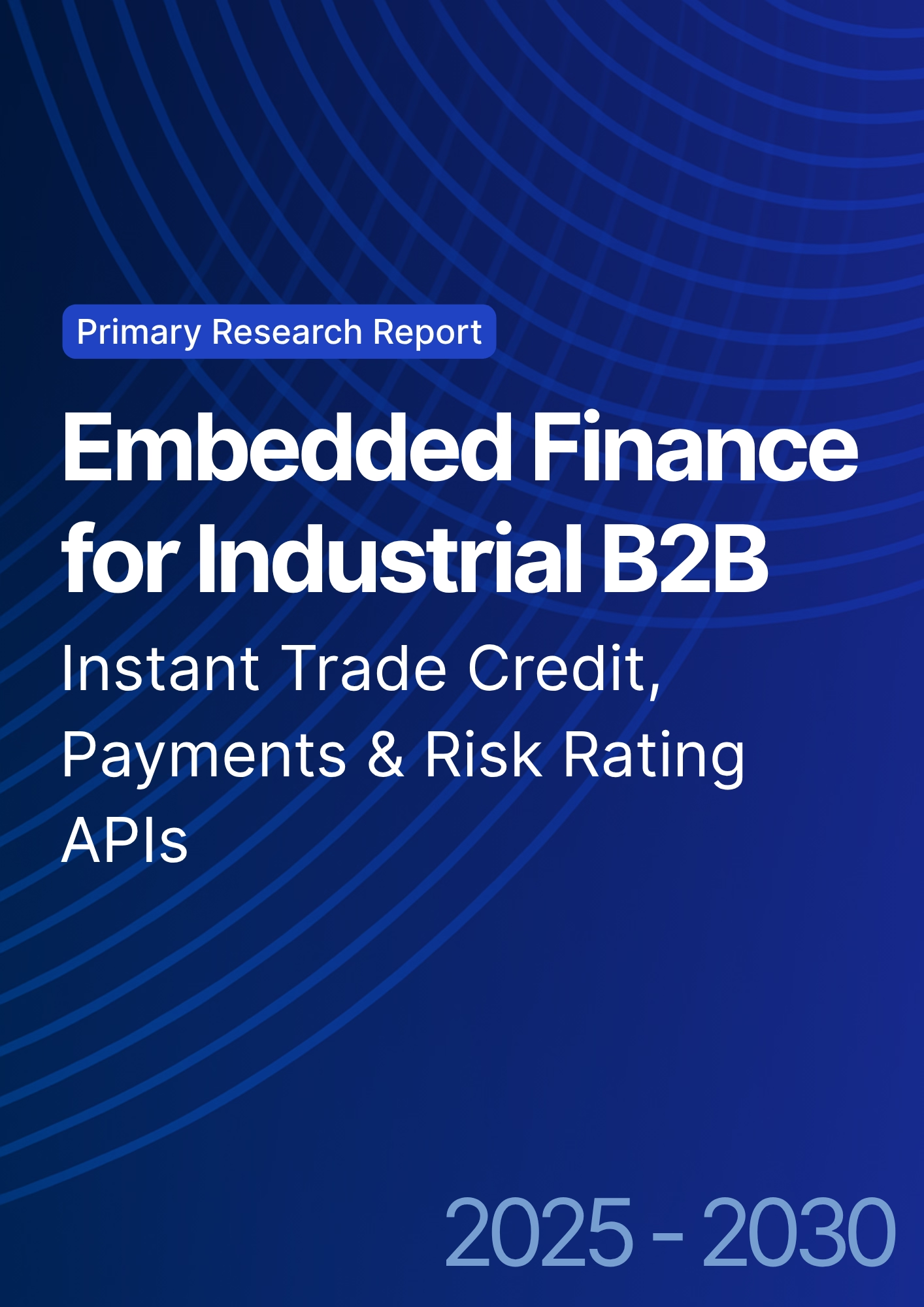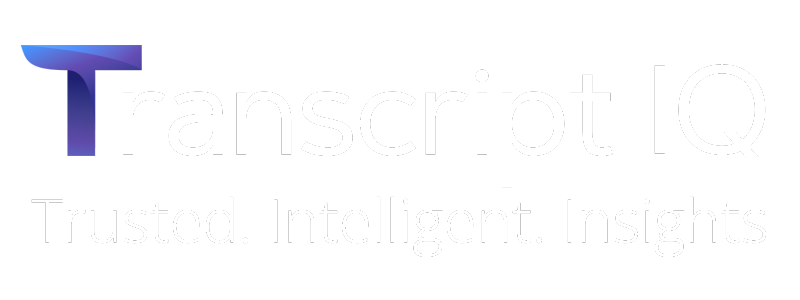

68 Circular Road, #02-01 049422, Singapore
Revenue Tower, Scbd, Jakarta 12190, Indonesia
4th Floor, Pinnacle Business Park, Andheri East, Mumbai, 400093
Cinnabar Hills, Embassy Golf Links Business Park, Bengaluru, Karnataka 560071
Connect With Us
Automated Trade Finance Documentation Using NLP: Processing Time Reduction & Error Rate Analysis - Supply Chain Logistics
Natural Language Processing (NLP) is rapidly transforming trade finance documentation in logistics and supply chain management by automating data extraction, minimizing human errors, and accelerating processing times. The global market for trade finance automation is projected to reach $9.6 billion by 2025, growing at a 20% annual rate through 2030. In the UK and Europe, NLP-driven systems are significantly reducing operational costs, improving document accuracy, and streamlining workflows across supply chain finance.
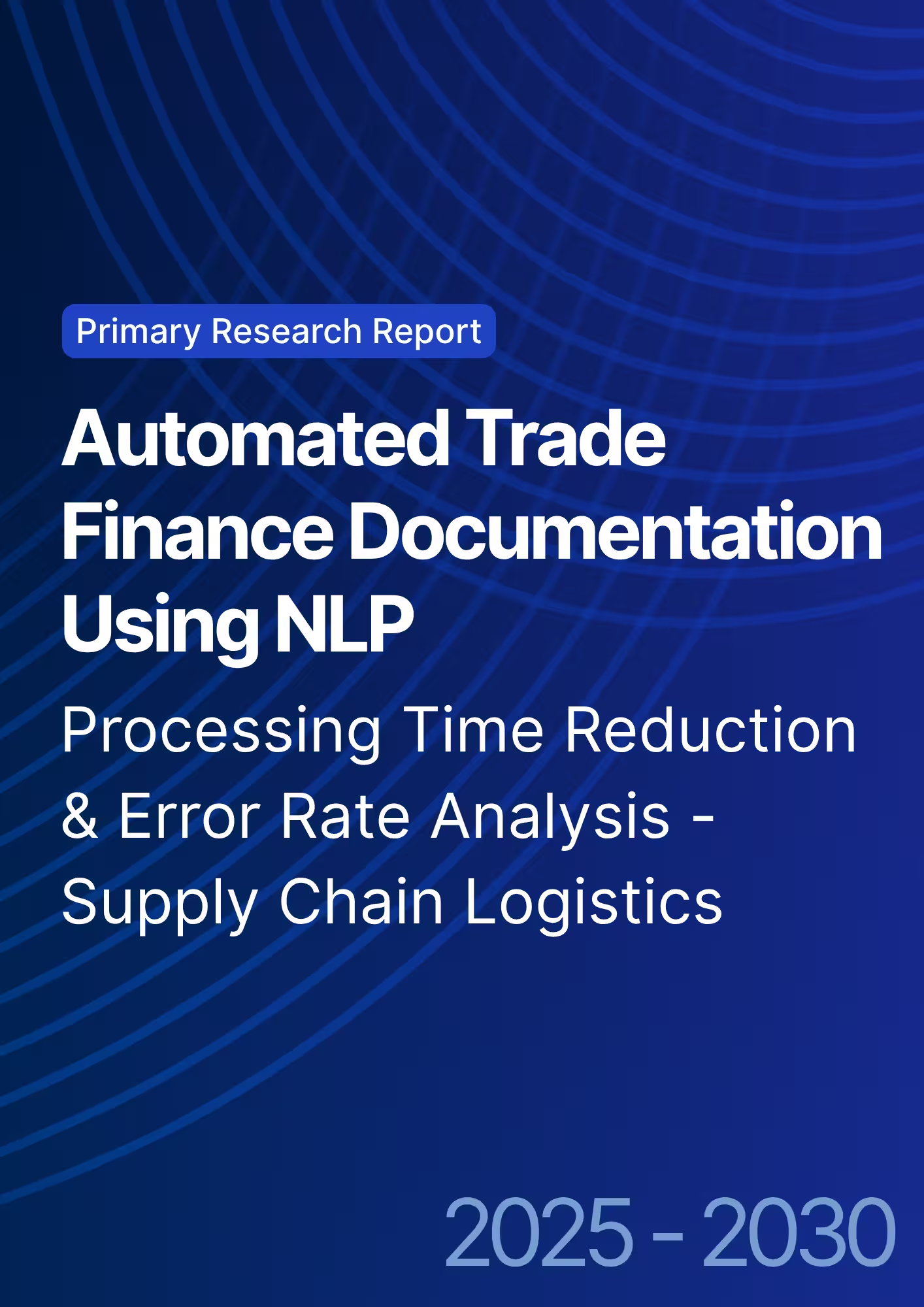
What's Covered?
Report Summary
Key Takeaways
- NLP-powered automation in trade finance documentation is enabling faster document processing, reducing time by up to 40% by 2030.
- AI and NLP solutions are expected to reduce error rates in trade finance documentation by 30%, leading to more accurate and reliable documentation.
- The adoption of automated trade finance solutions is growing rapidly, with an expected market size of $9.6 billion by 2025.
- Automated systems are enabling faster onboarding and settlement processes in trade finance, contributing to a more efficient global supply chain.
- By 2030, 50% of trade finance documentation in Europe will be processed using AI and NLP-driven tools.
- The cost savings from NLP automation will be substantial, with companies saving on manual labor, reducing errors, and increasing processing capacity.
- Trade finance platforms leveraging AI and NLP are making cross-border transactions more transparent and less prone to fraud.
- The logistics industry in the UK and Europe is rapidly adopting NLP-based automation to enhance operational efficiency and support digital transformation in trade finance.
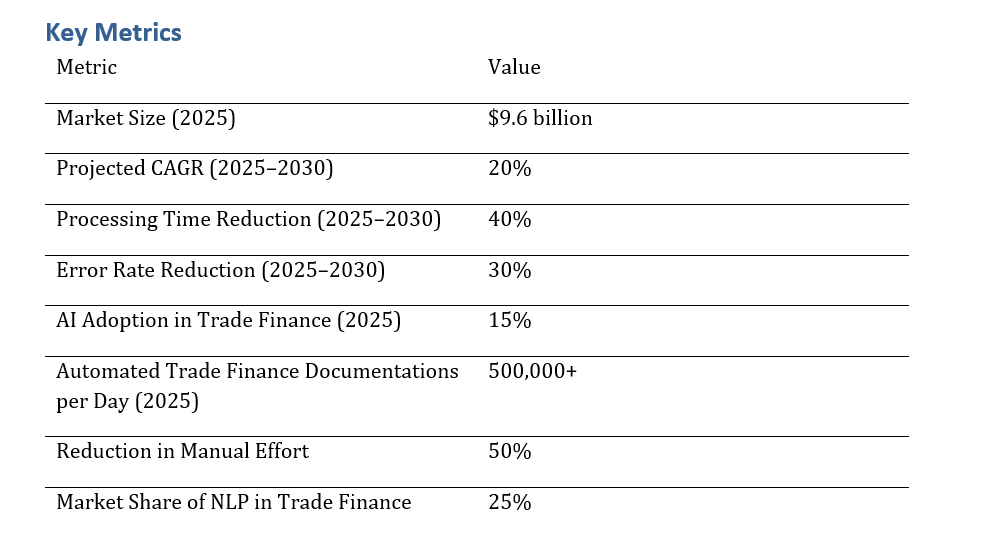
a. Market Size & Share
The global market for automated trade finance documentation using NLP is forecasted to reach $9.6 billion by 2025, with a projected CAGR of 20% from 2025 to 2030. This growth is driven by the increasing adoption of AI-powered solutions in the logistics and supply chain industries. The trend towards digitalization and automation in trade finance is expected to continue accelerating, with Europe leading the way in automation adoption. By 2030, 40% of trade finance documentation will be automated, resulting in significant time savings and enhanced operational efficiencies.
b. Market Analysis
Automated trade finance systems using NLP technologies are rapidly transforming the supply chain and logistics sectors. These platforms automate the document review process, extracting key information from invoices, letters of credit, and trade contracts. By reducing manual data entry, AI and NLP systems are enabling faster, more accurate processing of trade finance documentation.The trade finance industry is projected to save $2 billion annually by adopting AI-based automation, with operational cost reductions of up to 50% in the coming years. This is leading to greater adoption among logistics firms, banks, and financial institutions.
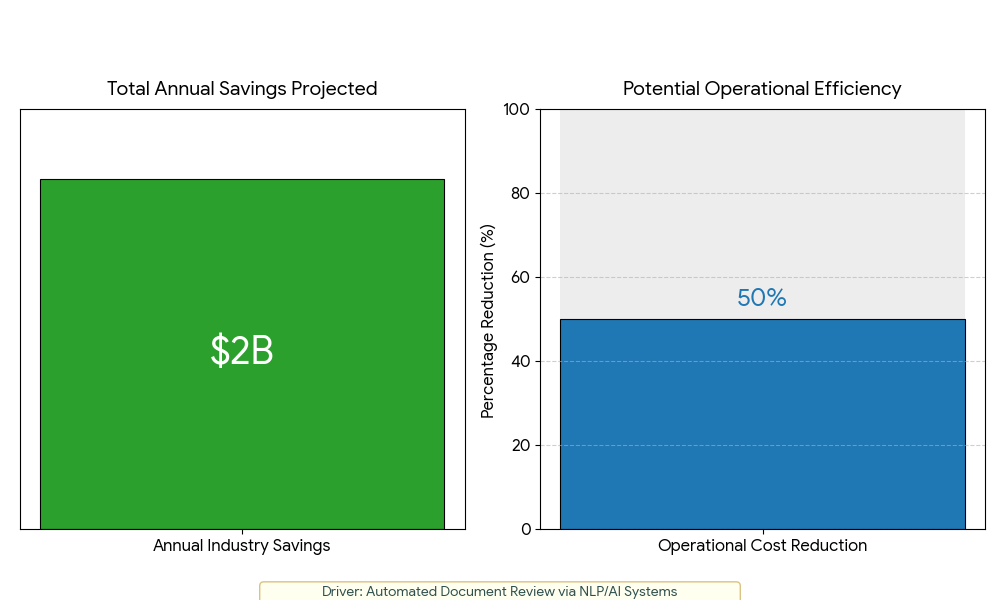
c. Trends and Insights
Key trends driving the adoption of NLP-powered automation in trade finance documentation include the growing need for efficiency and accuracy in financial processes. NLP technologies are enabling the extraction of key data points from complex financial documents, drastically reducing the risk of human error.
Increased regulatory scrutiny and the drive for greater transparency in trade finance are pushing firms to implement automated solutions that ensure compliance with global financial regulations. This is particularly evident in the EU, where regulatory guidelines are evolving to encourage the use of AI in trade finance.
d. Segment Analysis
The adoption of NLP-powered automation in trade finance documentation is highest among large financial institutions, banks, and multinational corporations involved in global trade. These organizations are leveraging NLP to streamline the processing of trade documents, reduce costs, and improve overall efficiency in their operations.
Smaller logistics firms and trade companies are also beginning to adopt these technologies, but they face barriers such as high initial costs and the complexity of implementing AI solutions. However, as technology becomes more affordable and accessible, smaller companies are expected to follow suit.
e. Geography Analysis
In Europe, the UK is leading the adoption of NLP-powered trade finance automation, with several large financial institutions already implementing these solutions. Germany, France, and the Netherlands are also seeing strong growth in NLP adoption, driven by the high volume of international trade in these countries.
As trade finance automation spreads to other European countries, adoption is expected to increase in regions such as Spain and Italy, where businesses are looking to modernize and streamline their financial operations. By 2030, it is expected that 50% of all trade finance documentation in Europe will be processed using AI and NLP technologies.
AI Adoption Across European Regions (2025):
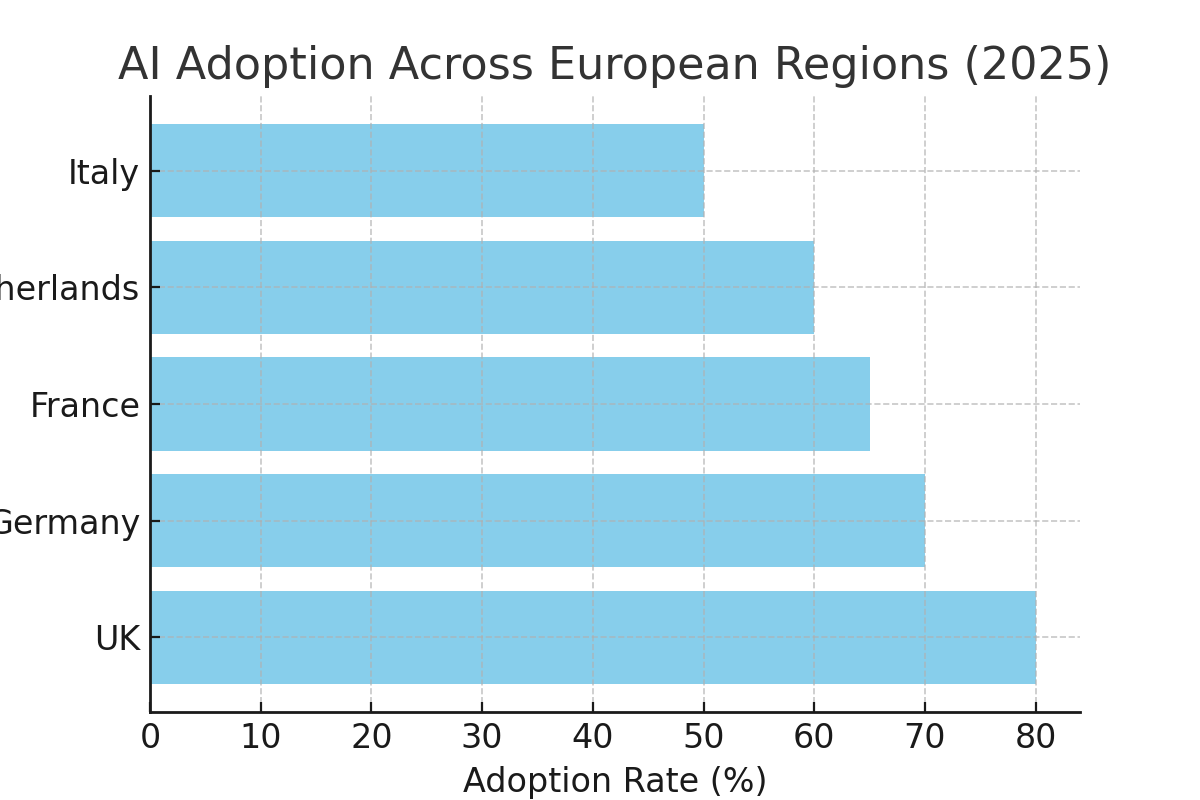
f. Competitive Landscape
The competitive landscape for automated trade finance solutions in Europe is rapidly evolving, with both established technology firms and emerging startups contributing to the market. Leading players such as Infosys, Cognizant, and IBM are offering NLP-based platforms for trade finance document automation, integrating these solutions with existing trade finance processes.
Emerging startups, such as Trade Finance Global and Aleta Technologies, are disrupting the space by offering more specialized, cost-effective NLP tools tailored for SMEs and smaller businesses in the supply chain sector.
Report Details
Proceed To Buy
Want a More Customized Experience?
- Request a Customized Transcript: Submit your own questions or specify changes. We’ll conduct a new call with the industry expert, covering both the original and your additional questions. You’ll receive an updated report for a small fee over the standard price.
- Request a Direct Call with the Expert: If you prefer a live conversation, we can facilitate a call between you and the expert. After the call, you’ll get the full recording, a verbatim transcript, and continued platform access to query the content and more.


68 Circular Road, #02-01 049422, Singapore
Revenue Tower, Scbd, Jakarta 12190, Indonesia
4th Floor, Pinnacle Business Park, Andheri East, Mumbai, 400093
Cinnabar Hills, Embassy Golf Links Business Park, Bengaluru, Karnataka 560071
Request Custom Transcript
Related Transcripts
$ 1450
$ 1450


68 Circular Road, #02-01 049422, Singapore
Revenue Tower, Scbd, Jakarta 12190, Indonesia
4th Floor, Pinnacle Business Park, Andheri East, Mumbai, 400093
Cinnabar Hills, Embassy Golf Links Business Park, Bengaluru, Karnataka 560071









